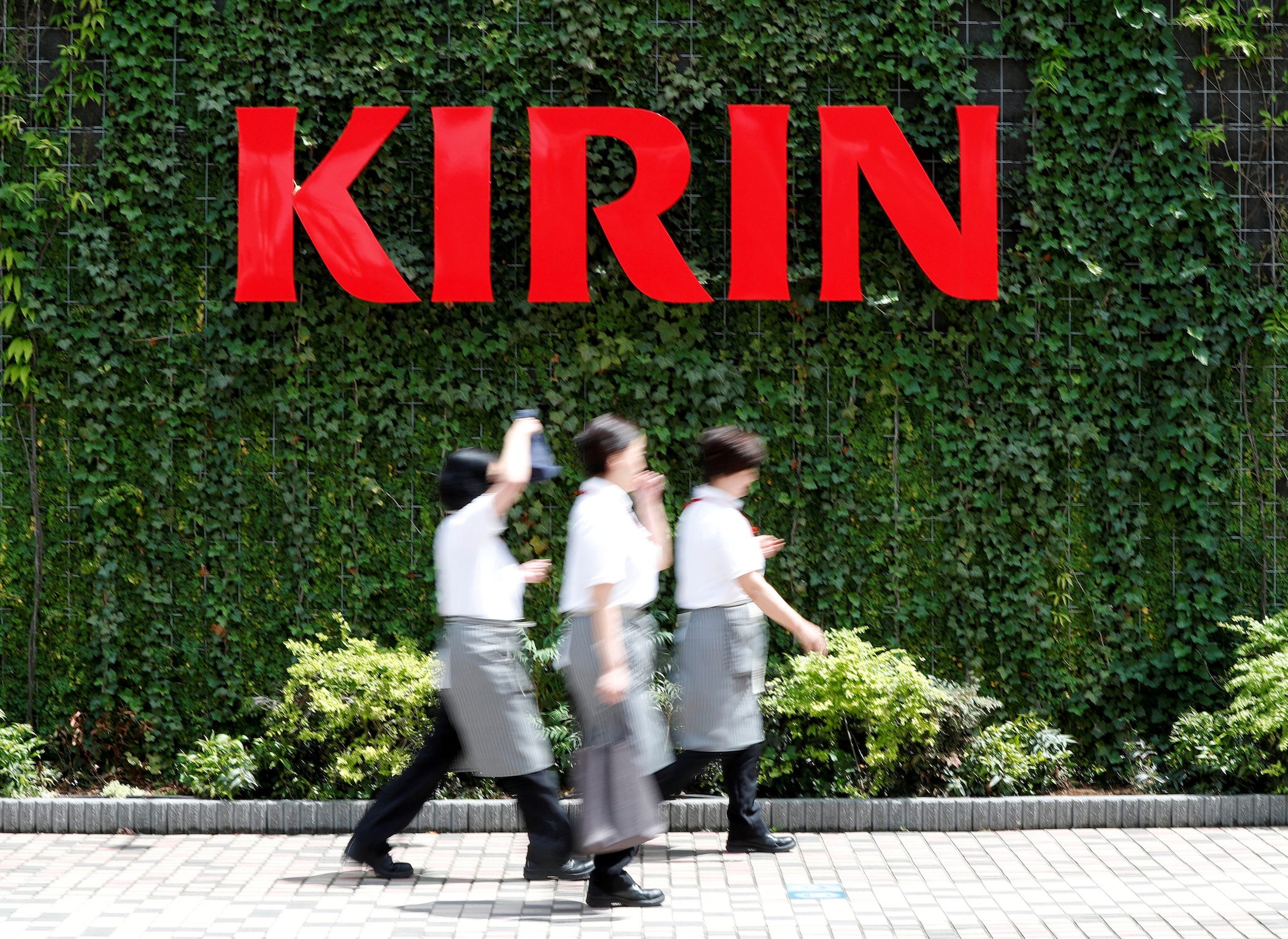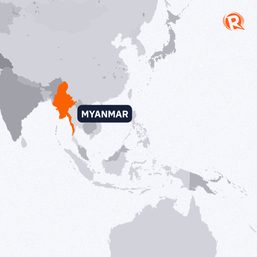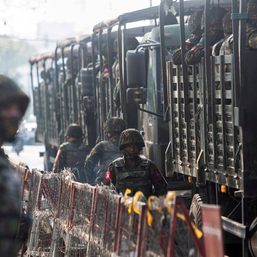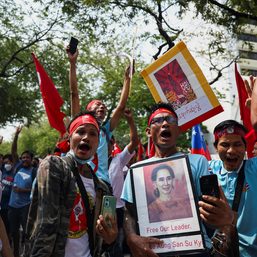SUMMARY
This is AI generated summarization, which may have errors. For context, always refer to the full article.

Japanese drinks giant Kirin Holdings on Friday, February 5, scrapped its beer alliance with a conglomerate linked to the Myanmar military after the army staged a coup deposing the democratically elected government earlier this week.
The move effectively scraps the joint venture called Myanmar Brewery, in which Kirin’s controlling stake is valued at up to $1.7 billion, and follows an inconclusive, 7-month probe mandated by Kirin into its Myanmar partner.
The abrupt end to the alliance is a caution for other Japanese companies, from Aeon Company to auto-parts maker Denso Corporation, whose Myanmar ventures have also been thrown into question after the army takeover, analysts said.
Kirin’s 2015 investment in Myanmar was part of a flood of Japanese investment into the Southeast Asian nation, encouraged by the Japanese government, as sanctions were lifted and Aung San Suu Kyi’s party won the first free election after nearly half a century of junta rule.
But Kirin’s 2015 deal stood out because it tied the Tokyo-based beer maker directly to Myanmar Economic Holdings Public Company (MEHL), which at the time was still sanctioned by the United States for its army ties.
Myanmar’s military on Monday, February 1, overthrew the government of Suu Kyi, handing power to its top general and declaring a one-year state of emergency, sparking international condemnation and calls for fresh sanctions by Washington.
“We have no option but to terminate our current joint-venture partnership,” Kirin said in a statement on Friday.
Consumers and restaurants in Myanmar have started boycotting army-linked products, including Myanmar Brewery’s main brand Myanmar Beer. Myanmar Brewery controls nearly 80% of the country’s beer market, according to figures published by Kirin in 2018.
MEHL and Myanmar Brewery did not respond to calls seeking comment.
High risk
Kirin acquired a majority stake in Myanmar Brewery for $560 million, after losing a bidding war over Singapore’s beer-to-property conglomerate Fraser & Neave to Thai Beverage in 2013 as part of a push into Southeast Asia.
The Myanmar business accounted for less than 5% of Kirin’s global beer sales, but stood out as one of its few growth markets.
MEHL was founded in 1990, modeled on Singapore’s investment company Temasek Holdings to promote businesses from telecoms and transportation to energy and resources.
But its opaque ownership structure and ties to the military drew criticism and scrutiny from activists and the United Nations.
In 2019, United Nations investigators warned global firms doing business with MEHL aided the army and were at “high risk” of contributing to human rights abuses.
In 2017, Myanmar’s army drove drove more than 730,000 Rohingya Muslims to neighboring Bangladesh. United Nations investigators have said the operation included mass killings and gang rapes and was executed with “genocidal intent.”
In the same year, Kirin deepened its MEHL ties by acquiring a majority stake in a brewery based in Mandalay and in 2018 it invested to boost output in Yangon.
A September 2020 report by Amnesty International cited documents it said it had obtained showing MEHL funneled some $16 billion to military units between 1990 and 2011. It showed that army units, including combat divisions, owned about one-third of MEHL’s shares.
Kirin said it carried out “proper due diligence” before the deal with MEHL “just like any other investment” and that it respects human rights.
In November, Kirin halted payments from the beer ventures to MEHL and last month said a probe of MEHL’s military links it had asked Deloitte Tohmatsu to carry out proved inconclusive, leaving it undecided on the future of its Myanmar ventures – until Friday.
Bernstein Research said earlier this week that it valued Kirin’s stake in the Myanmar venture at between $1.4 billion and $1.7 billion. It said Kirin would have had to accept a discount in any sale because “any buyer would face material reputational risk.” – Rappler.com
Add a comment
How does this make you feel?





There are no comments yet. Add your comment to start the conversation.